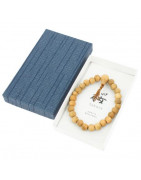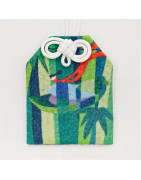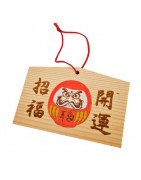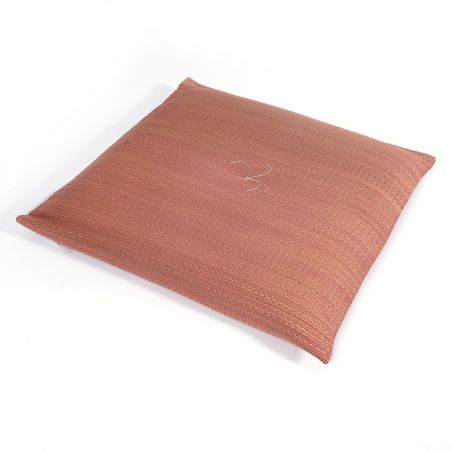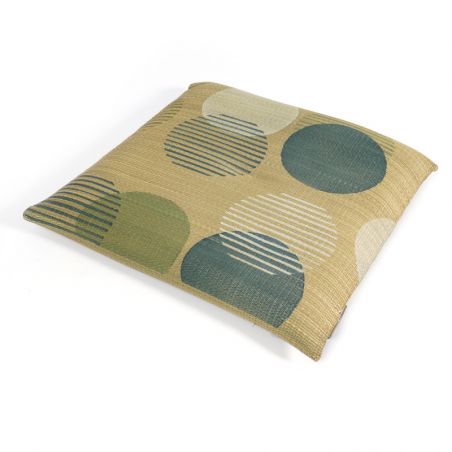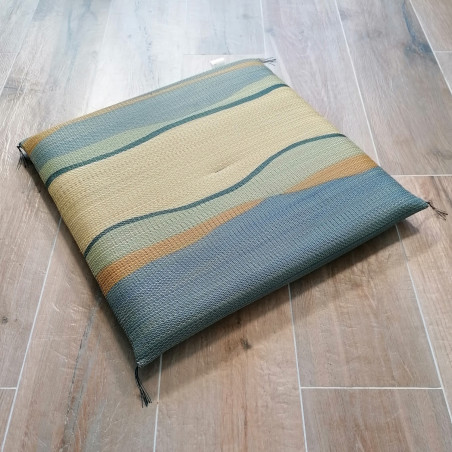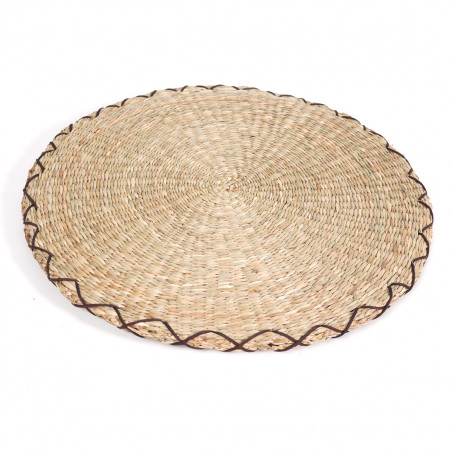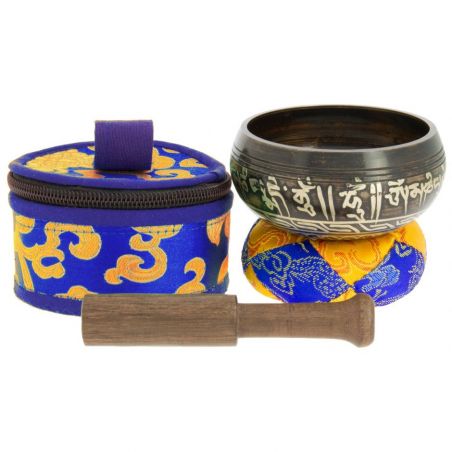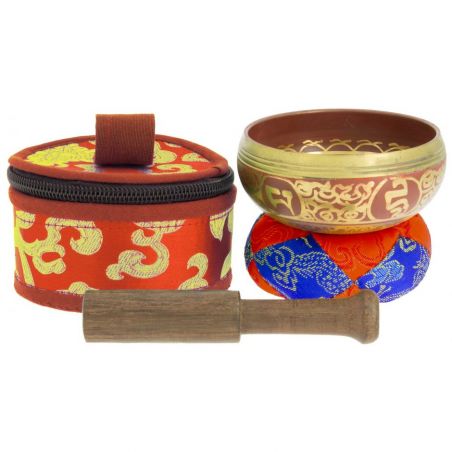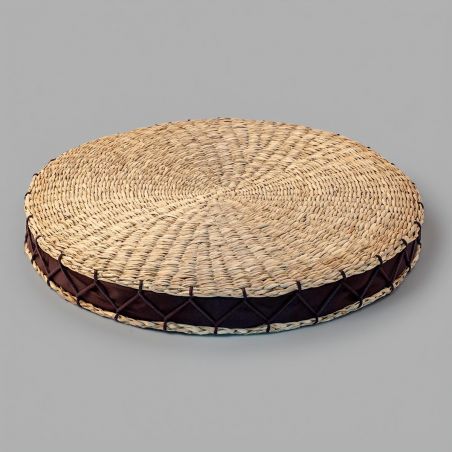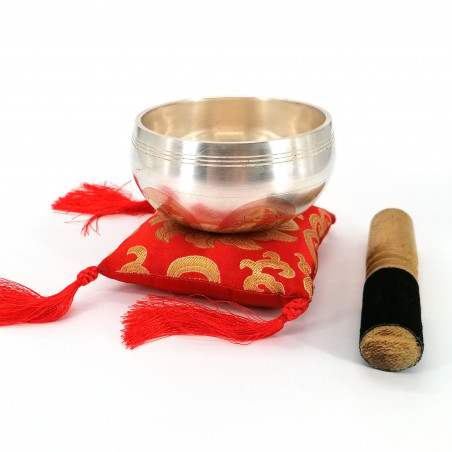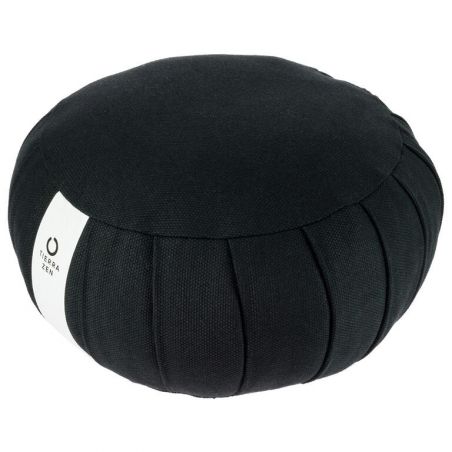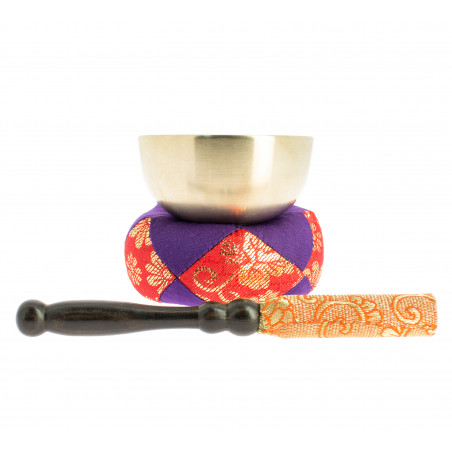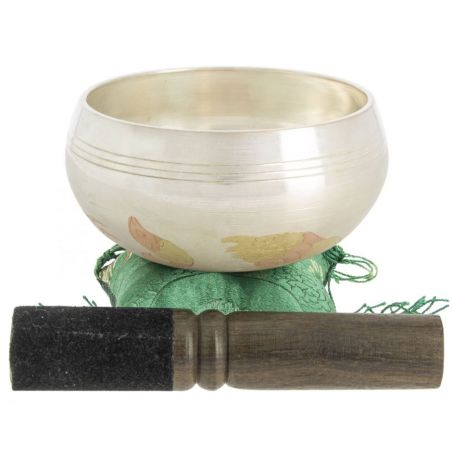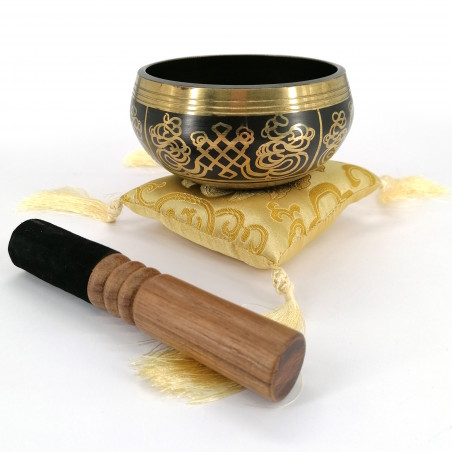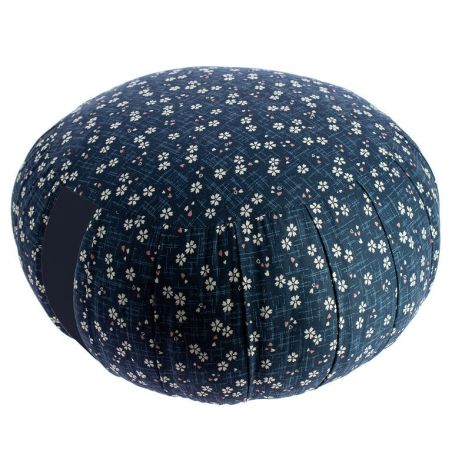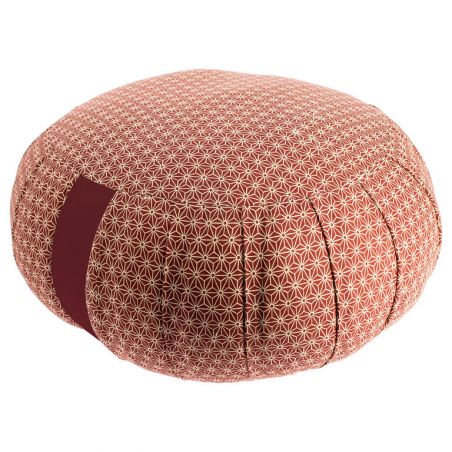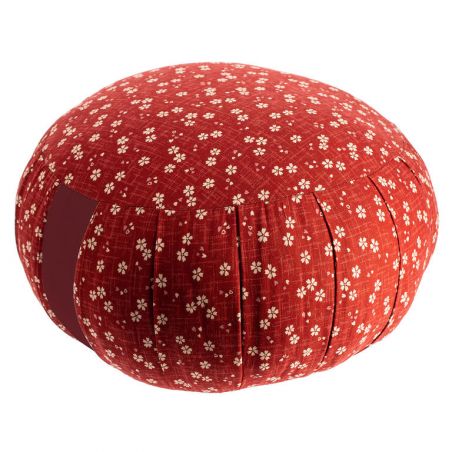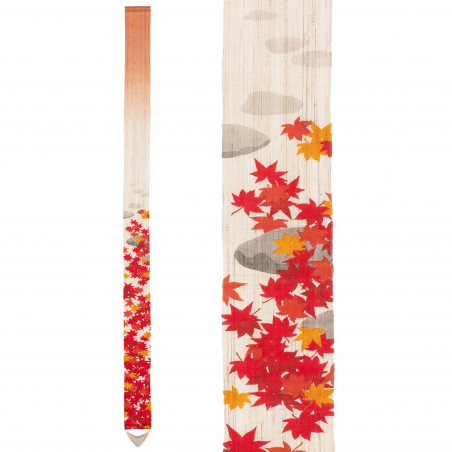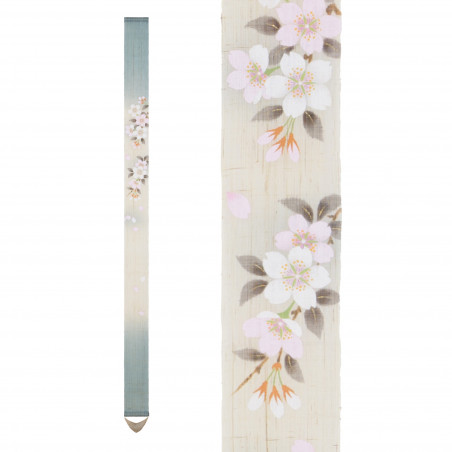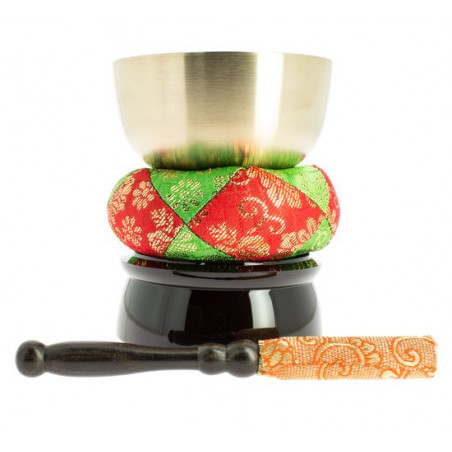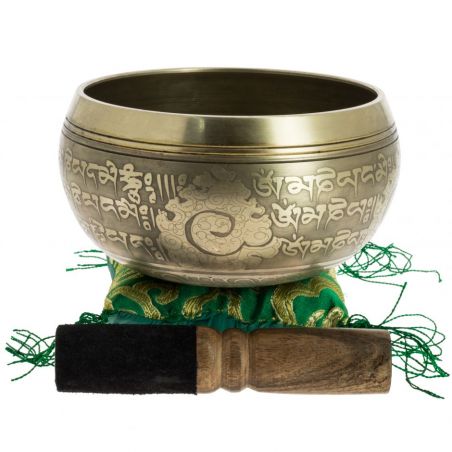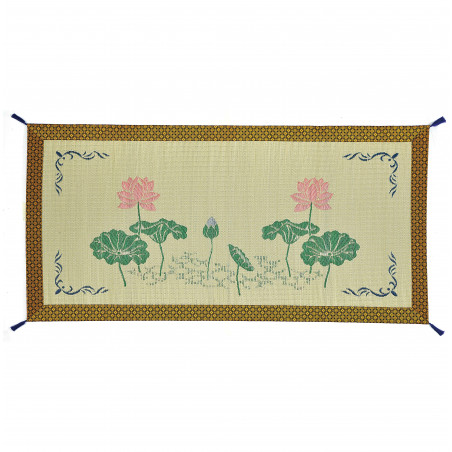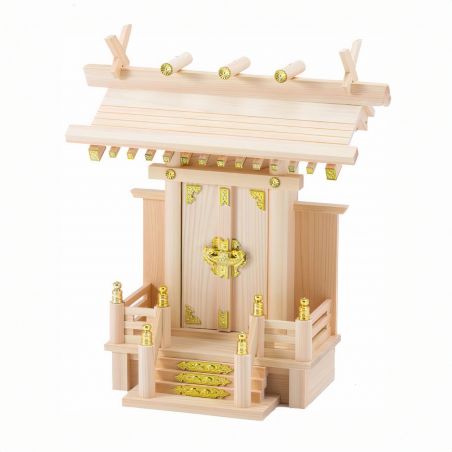Zen Meditation - Learn to relax and focus
Die Zen-Meditation (oder Zazen) ist eine meditative Praxis, die ursprünglich aus Japan stammt und ein fester Bestandteil der Tradition des Zen-Buddhismus ist. Sie besteht darin, in Stille zu sitzen und sich auf den Atem oder ein Mantra zu konzentrieren, um den Geist zu beruhigen und einen Zustand des wachen Bewusstseins zu erreichen.
Die Zen-Meditation wird normalerweise im Sitzen praktiziert, auf einem Kissen namens "Zafu" oder auf einer Bank namens "Zabuton", mit gekreuzten Beinen im Lotus-, Halb-Lotus- oder Schneidersitz, mit gerader Wirbelsäule und den Händen, die auf den Knien ruhen. Eine gute Körperhaltung ist wichtig, um eine flüssige Atmung zu ermöglichen und um nicht einzuschlafen.
Ziel der Zen-Meditation ist es, den Geist zu beruhigen und einen Zustand des wachen Bewusstseins zu erreichen, der als "Satori" oder "Wachheit" bezeichnet wird. Sie ermöglicht es, sich von störenden Gedanken und Emotionen zu befreien, um einen Zustand des inneren Friedens und der geistigen Klarheit zu erreichen. Die regelmäßige Ausübung der Zen-Meditation kann auch die geistige und körperliche Gesundheit verbessern, Stress abbauen und die allgemeine Lebensqualität steigern.
Man kann die Zen-Meditation allein zu Hause praktizieren, häufig wird sie aber auch in Gruppen unter der Leitung eines erfahrenen Meditationsmeisters praktiziert. Es gibt viele Zen-Meditationszentren oder "Dojos", in denen man an Kursen und geführten Meditationssitzungen teilnehmen kann.
Für eine entspannte Zen-Atmosphäre haben wir Meditationsartikel ausgewählt, die Sie zu einer Reise in das Land der aufgehenden Sonne einladen. Hier finden Sie Räucherstäbchen, Kissen, Makura, Dharma-Schalen und andere Gegenstände.
Subcategories
-
Japanese bracelets and...
The mālā is a rosary used in Indian religious traditions, such as Hinduism and Buddhism, to count prayers or mantras. Typically made up of 108 beads, it helps maintain focus during recitation.
-
Japanese Omamori –...
Omamori are traditional Japanese amulets, often sold at Buddhist temples and Shinto shrines in Japan. They are created to offer protection and blessings to those who carry or keep them. Each omamori is dedicated to a specific purpose, such as health, academic success, travel safety, or prosperity. These small colorful fabric pouches, carefully sealed, typically contain a piece of paper or wood with a prayer or wish written on it. The omamori should never be opened, as this might cancel its protective effect.
Traditionally, Japanese people buy omamori at the beginning of the year and replace them after one year to renew the divine protection. A symbol of spirituality and connection to ancestral beliefs, these amulets have also become popular items, appreciated both for their meaning and their refined aesthetic.
-
Japanese Ema: Wooden...
Discover the enchanting world of Japanese Ema, wooden tablets that hold a profound significance in Shinto culture. Adorned with intricate artwork and heartfelt prayers, these tablets bridge the gap between the spiritual and natural realms. Explore our diverse collection of Ema and delve deeper into the beauty and symbolism that permeates Japanese traditions.
There are 31 products.
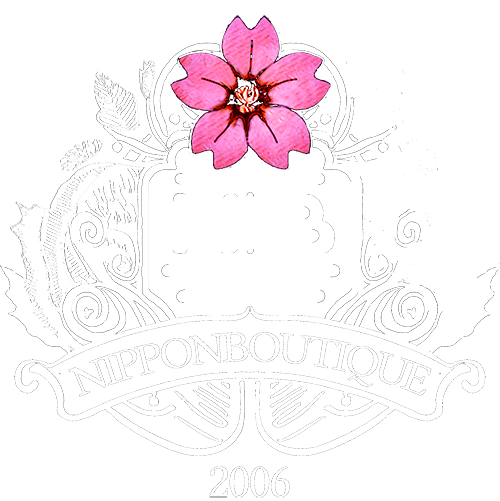
.jpg)

















































































